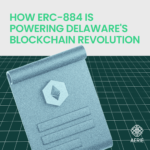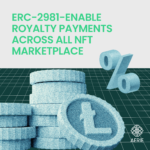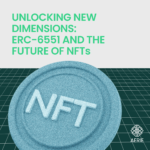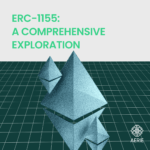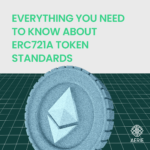How Real World Asset Tokenization Works with Piyush Gupta
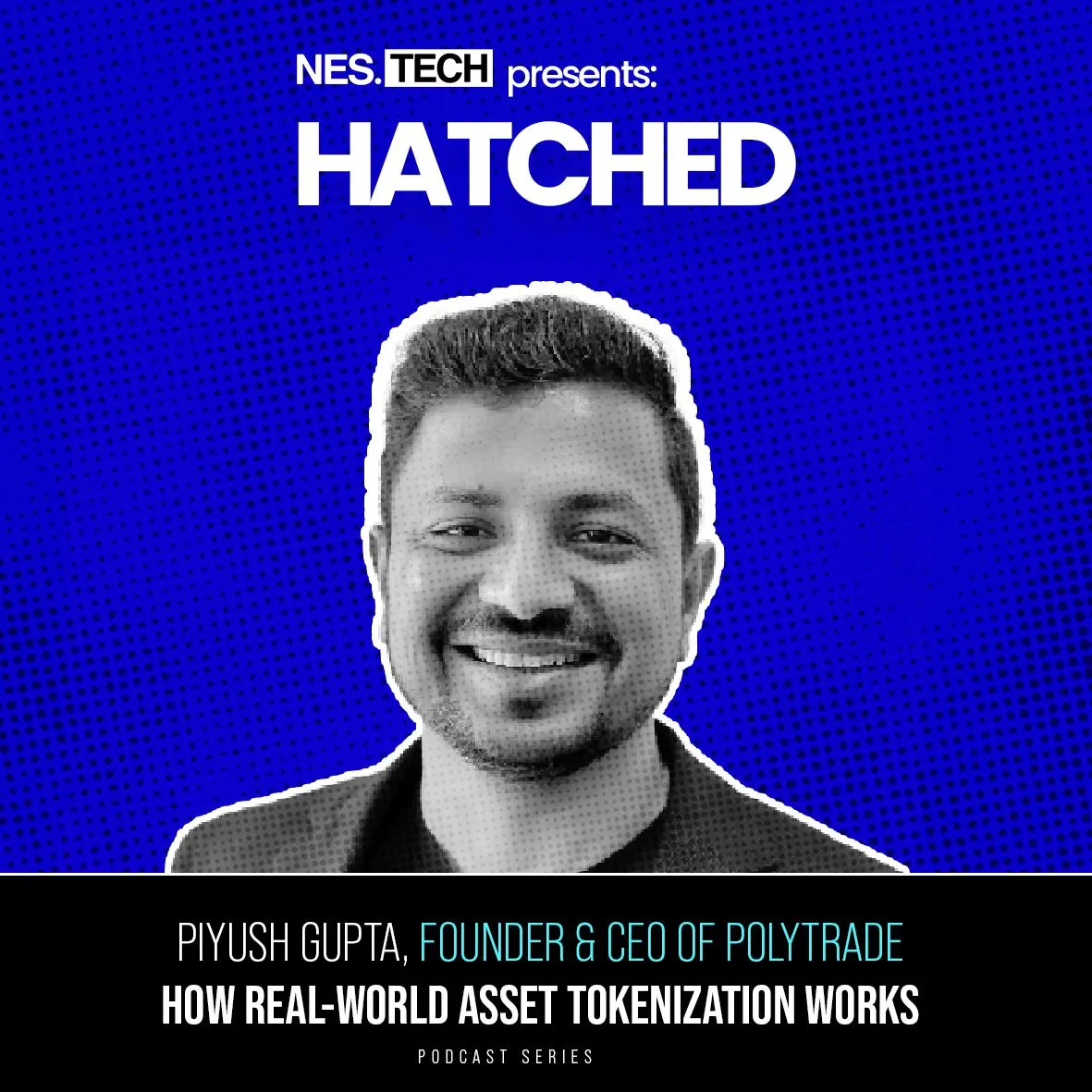
In this captivating episode of the Hatched podcast, co-hosts Glycel and Aman had the pleasure of interviewing Piyush Gupta, the co-founder and CEO of PolyTrade. His journey from the familiar grounds of traditional finance to the innovative sphere of crypto and blockchain is not just fascinating, but also deeply inspiring. It highlights the immense potential of blockchain technology to profoundly benefit the grassroots, especially empowering small manufacturers and traders with unprecedented financial opportunities.
This article delves into the depths of Piyush’s path, exploring the transformative impact of his company, PolyTrade, and the pioneering ERC-6960 tokenization standard, set to redefine the financial sector.
Piyush Gupta’s Bold Leap into Blockchain
Before his foray into the enigmatic realm of blockchain, Piyush Gupta was a titan in traditional finance, specializing in trade finance with a keen focus on SMEs. His entrepreneurial journey began in 2014 in Hong Kong. By 2016, PolyTrade had expanded to Singapore, the UAE, and India, solidifying its reputation as one of the most respected trade finance companies in the Middle East and Asia.
The company boasted a team of 35 professionals spanning four cities and four countries, managing a book size of half a billion dollars. Life was good, and the future seemed predictable until the Web3 bug bit Piyush in late 2020.
Piyush’s transition into the world of Web3 and blockchain was far from straightforward. As someone with a background in traditional finance, he was initially skeptical about crypto and decentralized technologies. “I was never a believer of crypto. I always thought the crypto is a scam and eventually everybody will run away and people will lose money,” Piyush reminisces.
However, a chance encounter with a blockchain enthusiast changed everything. Piyush met Sandeep Nailwal, the co-founder of Polygon, and in a mere 45 minutes, Sandeep managed to completely shift Piyush’s perspective.
“Sandeep has this uncanny ability to ‘brainwash’ people in the best way possible. He made me see that blockchain is the future of finance.”
Sandeep convinced Piyush seasoned founders from Web2, like himself, were essential to driving innovation in Web3. Fueled by this newfound zeal, Piyush pivoted PolyTrade towards becoming a pioneering Web3 platform. Despite not being a tech-savvy founder himself, Piyush’s leadership shone through as he assembled a formidable tech team and acquired blockchain expertise.
Empowering the Underdogs with PolyTrade
Facing a landscape where many had stumbled, with notable ventures like Contour succumbing to bankruptcy, PolyTrade adopted a laser-focused strategy. The team zeroed in on the niche yet crucial area of receivable financing, a realm where the intricacies of trade finance meet decentralized finance.
Receivable financing, where a lender purchases an outstanding invoice from a supplier, was the chosen battleground. This approach eliminated supplier risk since the product had already been shipped and accepted by the buyer.
“Imagine a small manufacturer in Bangladesh waiting for payment from a giant like Walmart. But Walmart has a monopoly. They dictate the payment terms. Walmart says ‘the moment your goods are shipped, you raise an invoice on me, but I will pay it after 90 days.’”
By purchasing outstanding invoices from suppliers, PolyTrade provided immediate working capital to businesses, transforming their financial dynamics dramatically.
“You‘re a small manufacturer, sitting in your shop, waiting for money to come. Until that money comes, you can’t do your next production, you can’t pay salaries, you can’t pay rent, you can’t buy raw material. Then you run to the bank. And because you are too tiny, the bank will give you some money, but they’ll keep your house, your plant, your assets. And if you default, they’ll take away everything from you.”
Piyush’s words paint a picture of transformation, where a simple invoice becomes a lifeline for small businesses. PolyTrade’s approach not only mitigated supplier risk but also enabled these businesses to tokenize their invoices, offering them to the DeFi community, which then enables them to access assets they had never dreamed of owning.
“ We don’t just lend money; we accelerate their businesses, turning a $2 million company into a $10 million success story.”
Piyush reflects, his eyes lighting up with the excitement. Through PolyTrade’s lens, invoices from corporations like Walmart transformed from mere financial documents into valuable assets. This isn’t just about financing; it was about democratizing access to assets that were previously out of reach for most.
The ERC-6960 Tokenization Standard
The conversation then turned to the ERC-6960 tokenization standard, a pivotal development for PolyTrade. Piyush elaborated on the challenges of tokenizing assets and the limitations of existing standards. ERC-6960 introduces a dual-layer token system consisting of a parent NFT and child NFT.
The child NFT allows buyers to specify the terms of the fraction they wish to purchase. For example, if someone wants to buy a portion of a treasury bond, they can set their own yield and purchase price. This flexibility empowers users to tailor their investments to their preferences, a significant departure from traditional tokenization standards.
Furthermore, ERC-6960 introduces the concept of easy settlement. Instead of individuals needing to claim their investments, asset issuers can settle all stakeholders in one click, simplifying the process and reducing the risk of assets becoming inaccessible.
PolyTrade’s Marketplace for Real-World Assets
PolyTrade is set to launch its marketplace in the coming weeks, which Piyush likened to “OpenSea for NFTs.” It’s not just another trading platform, but a gateway to a world of diverse, cross-chain investment opportunities. Users will have the ability to explore different protocols, compare yields, terms, and more, all within a single interface. This agnostic approach ensures that users can easily find the best investment opportunities across different chains and geographies.
PolyTrade’s marketplace will also facilitate secondary trading, allowing users to trade their positions quickly and efficiently. This opens up new possibilities for investors seeking liquidity without waiting for traditional settlement periods.
In the final phase of development, PolyTrade plans to introduce primary subscriptions. Asset managers and investors will be able to invest in multiple protocols with a single click, streamlining the investment process further.
The Challenge: Achieving Mass Adoption
During the interview, Piyush touched on a crucial challenge facing the adoption of blockchain-based real-world assets: accessibility. While blockchain technology has tremendous potential, the barriers to entry for the average person remain significant.
“When you have a digital currency in your hand, you are able to do anything on chain. But what if you don’t? That’s where blockchain has to step backward.”
Addressing the adoption challenges of blockchain, Piyush highlights PolyTrade’s initiative to integrate MasterCard checkout, thereby lowering entry barriers for the average person. This move aims to democratize access to blockchain-based investments and make it as easy as possible for individuals to invest in tokenized assets
Final Words
As the conversation came to a close, our hosts asked Piyush about the industries he believes will be the first to fully embrace blockchain-based RWA tokenization. Piyush’s insights shed light on the likely candidates.
“I believe credit products are easy to move on chain because they are not fast moving products. They’re not something which is changing their value in seconds, like stocks.”
Real estate, while presenting significant regulatory challenges, also holds immense potential. However, the market size is a critical factor. For blockchain-based RWA tokenization to thrive, it needs to target markets with substantial scale, such as treasury bonds.
Piyush Gupta’s story is more than a tale of personal triumph; it’s a chronicle of an industry at the brink of transformation. His journey serves as an inspiring example of how innovation, vision, and determination can unlock new opportunities in an ever-changing world.

